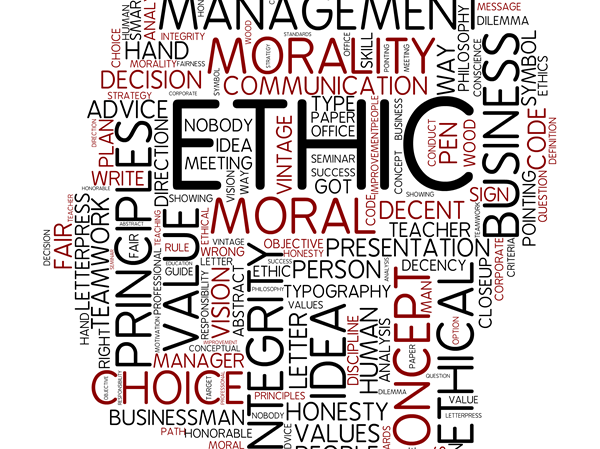ATD Blog
Ethics and Neuroscience
Thu Mar 20 2014

Every time we experience an explosion of technological capabilities, we humans are faced with new choices to make. For example, when the first successful heart transplants were performed in the late 1960s, questions about ethical considerations arose: “How will we decide who gets a heart and who doesn’t?” “Is it right to put a heart from a white person into a black person, or vice versa?” (Yes, folks were actually concerned about this at the time.)
Recently, a new test that appears to accurately predict your likelihood of developing Alzheimer’s disease was developed. While further study is needed, there is the distinct possibility that in the very near future, you may able to take this test to find out if you are among the almost 5 million people who will contract this deadly brain disease. You can review an excellent slide show about the progression of this disease on the alz.org site. The presentation also provides a great overview of the healthy brain and how it works.
Today, I want to explore the ethical questions that the advancement of neuroscience is posing, and this new test illustrates a few of them.
Would You Want to Know?
If you could take the Alzheimer’s test today, which is expected to be 90 percent accurate, would you want to? The answer is a very personal one, and I’m sure there are people on both sides. Let’s assume that we agree that you have the right to know about any future illness you’re likely to contract. But if you have the right to know, does anyone else? Would your spouse, parents, or children also have the right to know that they are very likely facing a major financial obligation to care for you in the future?
Should Your Employer Know About Your Individual Health Risks?
Part of the discussion about the new national healthcare program in the United States hinges around how companies can reduce costs associated with employee healthcare. Some would argue that being able to determine the risk factors of an employee, such as an individual’s potential to develop an addiction, demonstrate violent behavior, or develop a serious disease is important data to help the company manage costs. Others argue that letting employers have this information would be a serious violation of privacy and individual rights.
Where Do You Stand?
Where do you stand on the ethical questions raised by the discoveries of neuroscience? As a human capital manager, you may find yourself making decisions about how to use what you know about your employee’s brains in the not-so-different future.
Here are a few resources to start you thinking:
Ethical Issues in Neuroscience, Thomas Fuchs, 2006
Empowering Brain Science with Neuroethics, Judy Illes, 2013
Ethical Issues in Taking Neuroscience Research from Bench to Bedside, Alan Leschner, 2004
For more on neuroscience applications for human capital, check out the full blog series here.
You've Reached ATD Member-only Content
Become an ATD member to continue
Already a member?Sign In
